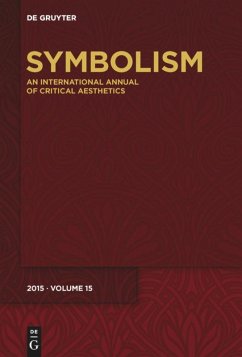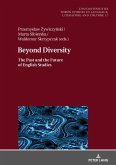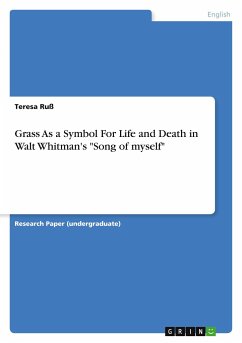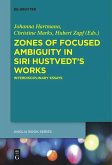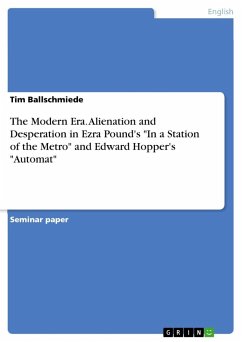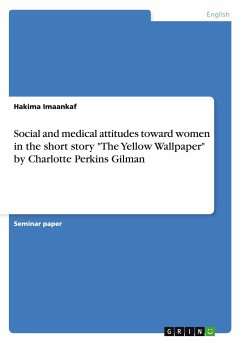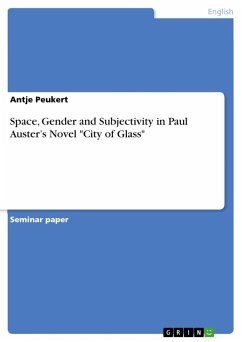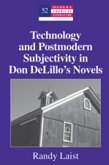While paratexts - among them headnotes, footnotes, or endnotes - have never been absent from American literature, the last two decades have seen an explosion of the phenomenon, including (mock) scholarly footnotes, to an extent that they seem to take over the text itself. In this Special Focus we shall attempt to find the reasons for this astonishing development. In our first (diachronic) section we shall explore such texts as might have fostered the present boom, from fictions by Edgar Allan Poe to Vladimir Nabokov to Mark Z. Danielewski. The second (synchronic) section, will concentrate on paratexts by David Foster Wallace, perhaps the "father" of the post-postmodern footnote, as well as those to be found in novels by Bennett Sims, Jennifer Egan and Junot Diaz, among others. It appears that, while paratexts definitely point to a high degree of self-reflexivity in the author, they equally draw attention to the textual and authorial functions of the works in which they exist.They can thus cause a reflection on the boundaries between genres like fiction, faction, and autobiography, as well as serving to highlight a host of pedagogical and social concerns that exist in the interstices between fiction and reality.
Bitte wählen Sie Ihr Anliegen aus.
Rechnungen
Retourenschein anfordern
Bestellstatus
Storno

